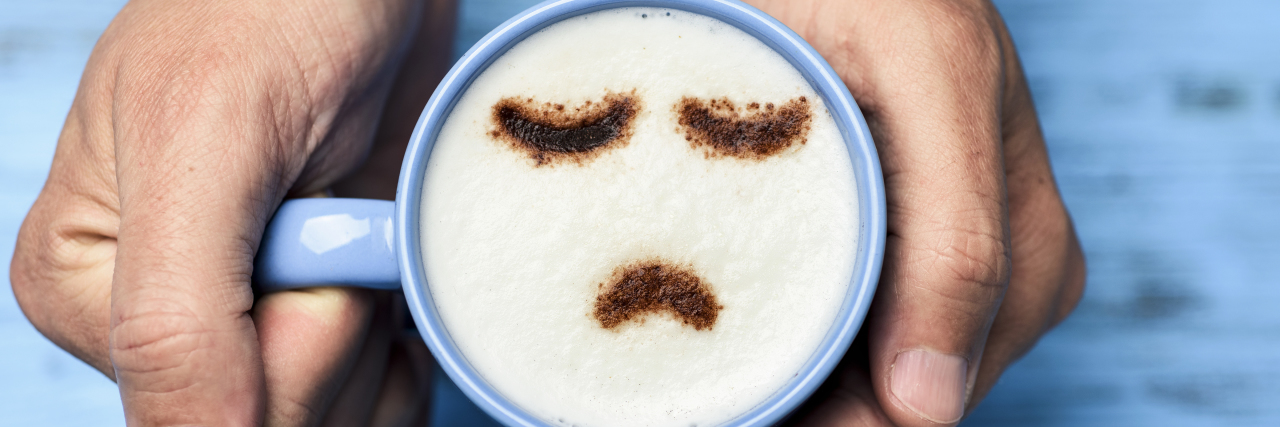Everyone struggles with self-esteem at times. But there’s a difference between being self-critical and self-loathing. Consider the following example: you make a mistake at work and proclaim “I hate myself.” It feels like a casual statement. Maybe you’re aggravated that you messed up a project and other people were relying on you. There could be another instance where you let a friend or loved one down by not being there for them. You regret that you hurt the person and you feel self-loathing.
When people hate themselves it’s because there are actions they’re taking that they’re not proud of. People who have substance abuse issues or addictions may feel shame and hatred toward themselves.
One of the reasons people might hate themselves is because they feel as though they can’t control their behaviors. They resent their lack of impulse control and become angry at themselves. Hating themselves may be related to guilt and shame. They’re remorseful that they feel they’ve damaged other people’s lives. The shame associated with their actions can manifest in self-hatred.
Mental illness can make a person feel self-loathing. When you struggle with depression, you don’t often see hope. People who struggle with depression may be self-critical and tend to focus on their negative thought patterns. Some of those negative ideas or core beliefs could be intertwined with their self-worth. They believe they lack value or worth. These distorted thoughts are a form of self-hatred. However, their self-loathing is superimposed by a mood disorder. They don’t want to hate themselves, but their mind is telling them they should. That’s why it’s important for people that have a mood disorder to seek help, perhaps in a therapist. It’s especially urgent to seek help if depression develops into suicidal ideation. Your goal is to see yourself for who you are, flaws and strengths. It’s not necessarily about self-love but more about acceptance.
Sometimes people who don’t like themselves feel alone. They think, “Everyone around me has it together except for me,” and these thoughts cause more self-loathing. The reality is that perfection is a myth. Everyone has something they need to work on to feel better about who they are.
If you’re struggling with low self-esteem and depression, it could be worth it to consult a therapist. Online therapy is one way to start looking inward and examining the parts of yourself that you want to change. It’s crucial to realize that self-love is a process, and working with a therapist can help you toward letting go of that self-loathing and embracing self-love.
Photo via Getty Images.


